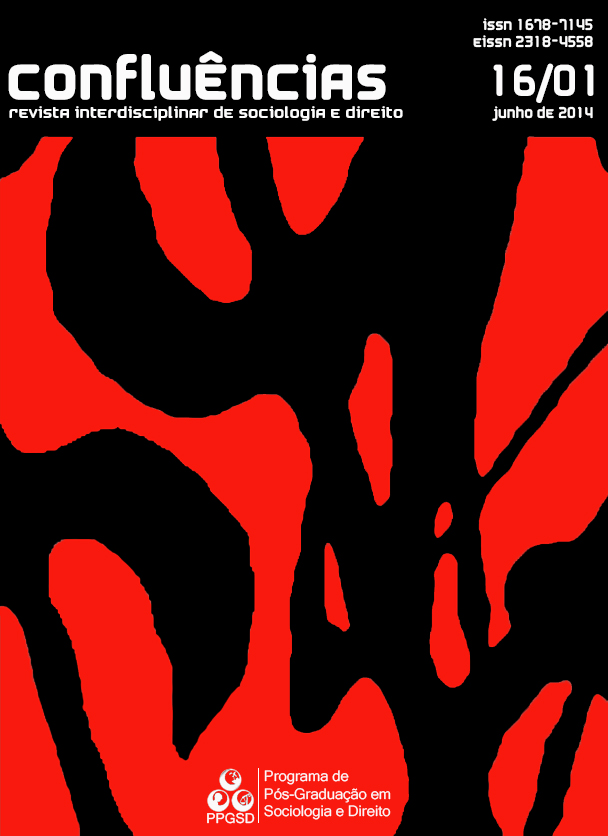MAPPING CSR IN BRAZIL: THE CONTEXT FOR EMERGENCE AND PROMOTING INSTITUTIONS
DOI:
https://doi.org/10.22409/conflu16i1.p335Keywords:
Corporate social responsibility, emergence, BrazilAbstract
Sustainable development has become a major topic in the Brazilian agenda. Corporate social responsibility (CSR) has gained ground in Brazil during the last years and a group of Brazilian managers have helped to shape the paper of businesses as key players in social development.
Literature has evidenced that ‘contextual factors’ shape the definition of CSR in a given environment and ‘company motivational factors’ shape its scope. Following this pattern, the understanding of CSR in Brazil will be analyzed.
In particular, the categorization of CSR theories under four approaches (economic, political, integrative and ethical theories) enunciated by academia to define the relationship between enterprise and society will be used in order to describe the emergence of CSR in Brazil in the 1960s and its evolution until today.Downloads
Download data is not yet available.
Downloads
Published
2014-02-01
How to Cite
Sanchez-Rodriguez, J. A. (2014). MAPPING CSR IN BRAZIL: THE CONTEXT FOR EMERGENCE AND PROMOTING INSTITUTIONS. Confluências | Interdisciplinary Review of Sociology and Law, 16(1), 67 - 83. https://doi.org/10.22409/conflu16i1.p335
Issue
Section
Artigos
License
The authors hold the copyright, with first publication rights granted to the journal, being the work simultaneously licensed under the Creative Commons Attribution Licence, which allows the work to be shared with acknowledgement of authorship and first publication in this journal.
The authors have authorization to separately purchase additional contracts of non-exclusive distribution of the work's version published in this journal (e.g.:publication in institutional repositories or as a book chapter), with acknowledgment of authorship and first publication in this journal.
The authors have permission and are encouraged to publish and disseminate their work online (e.g.:in institutional repositories or on their personal page), at any point - either before or during the editorial process, since it may generate productive changes, as well as increase the impact and citation of the published work.







